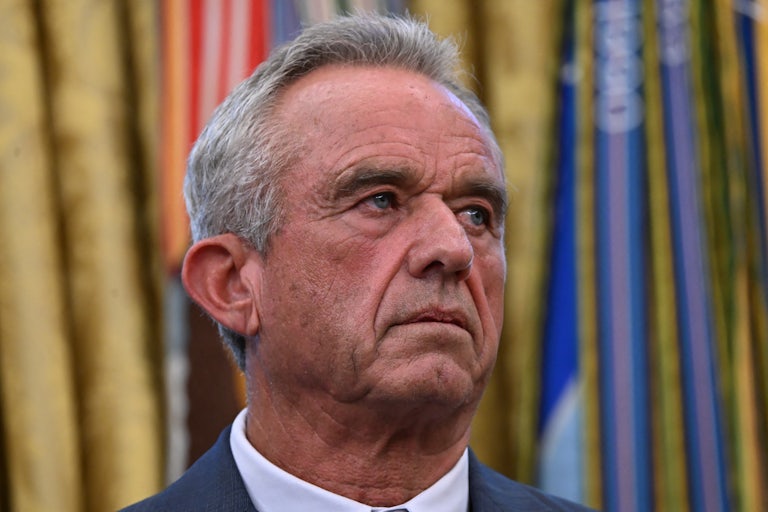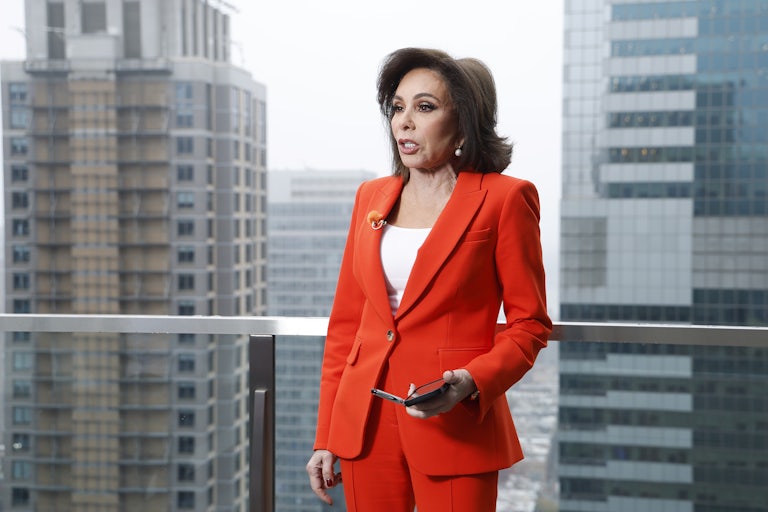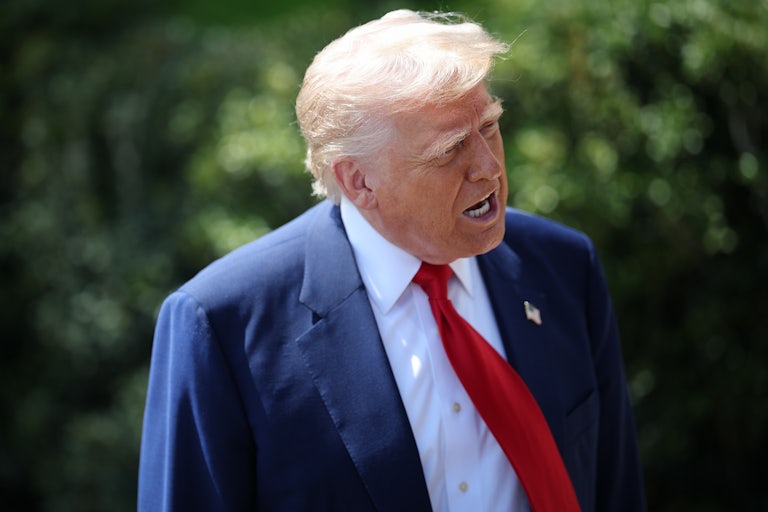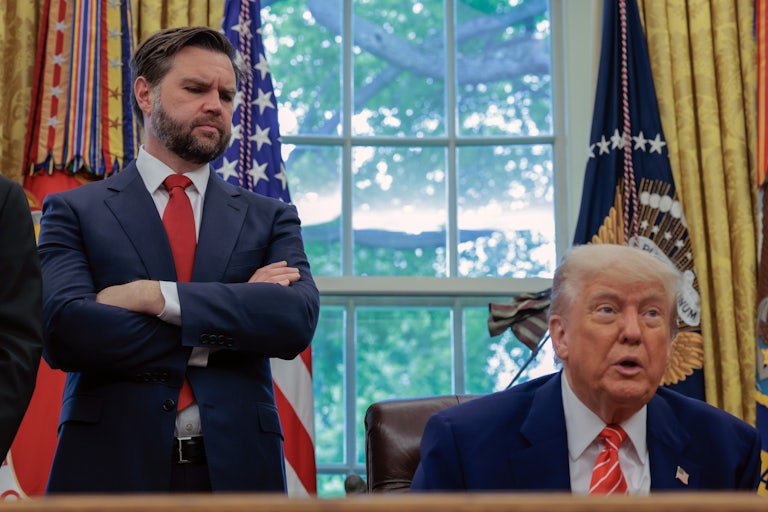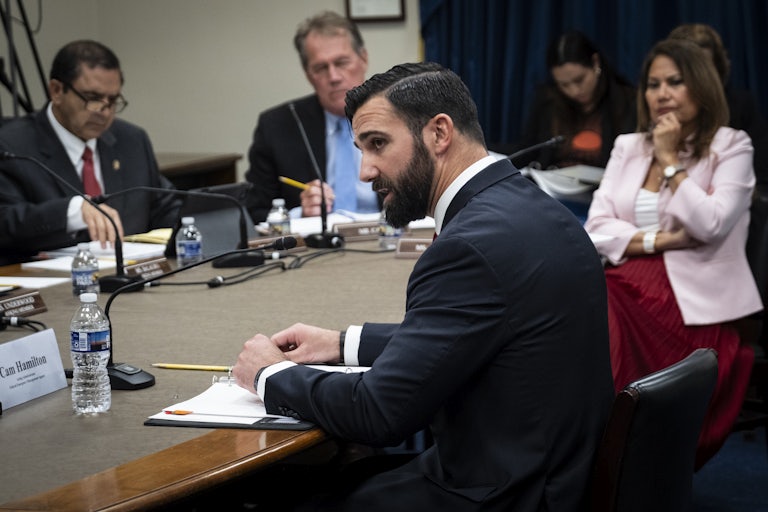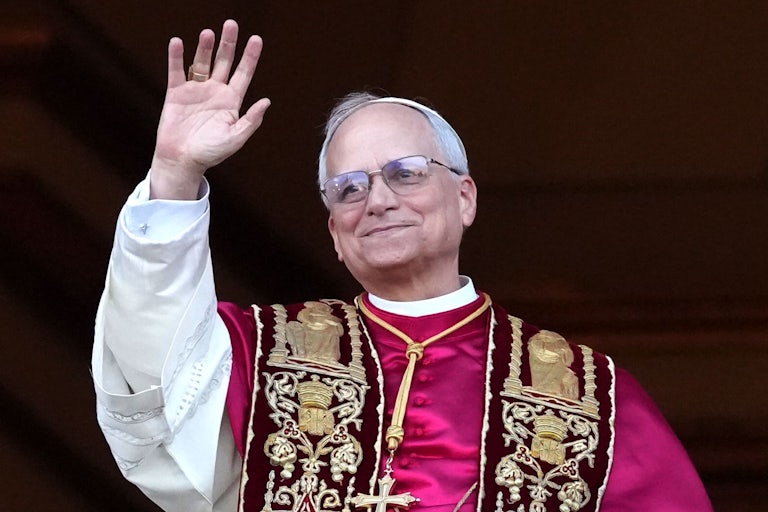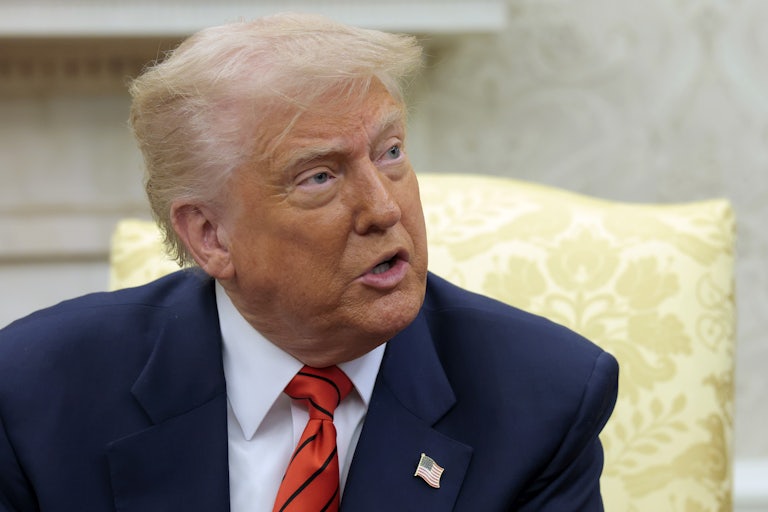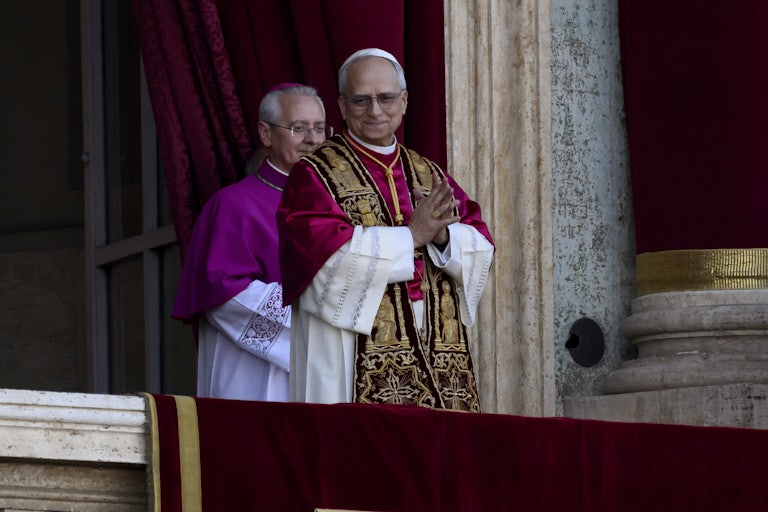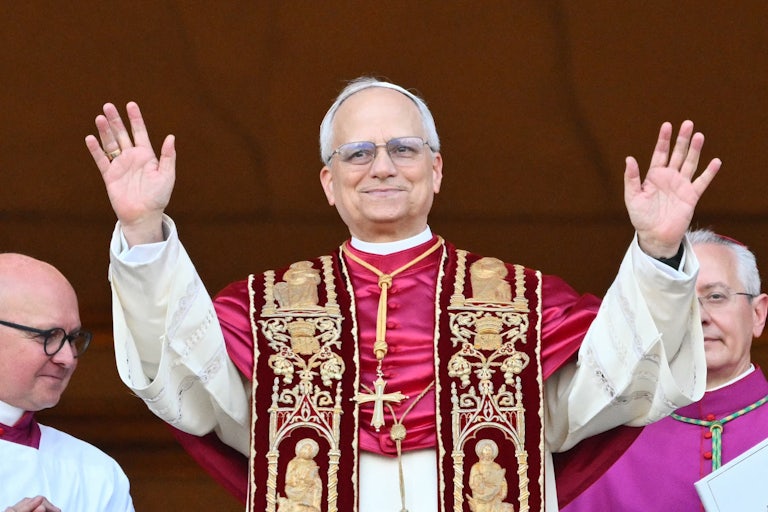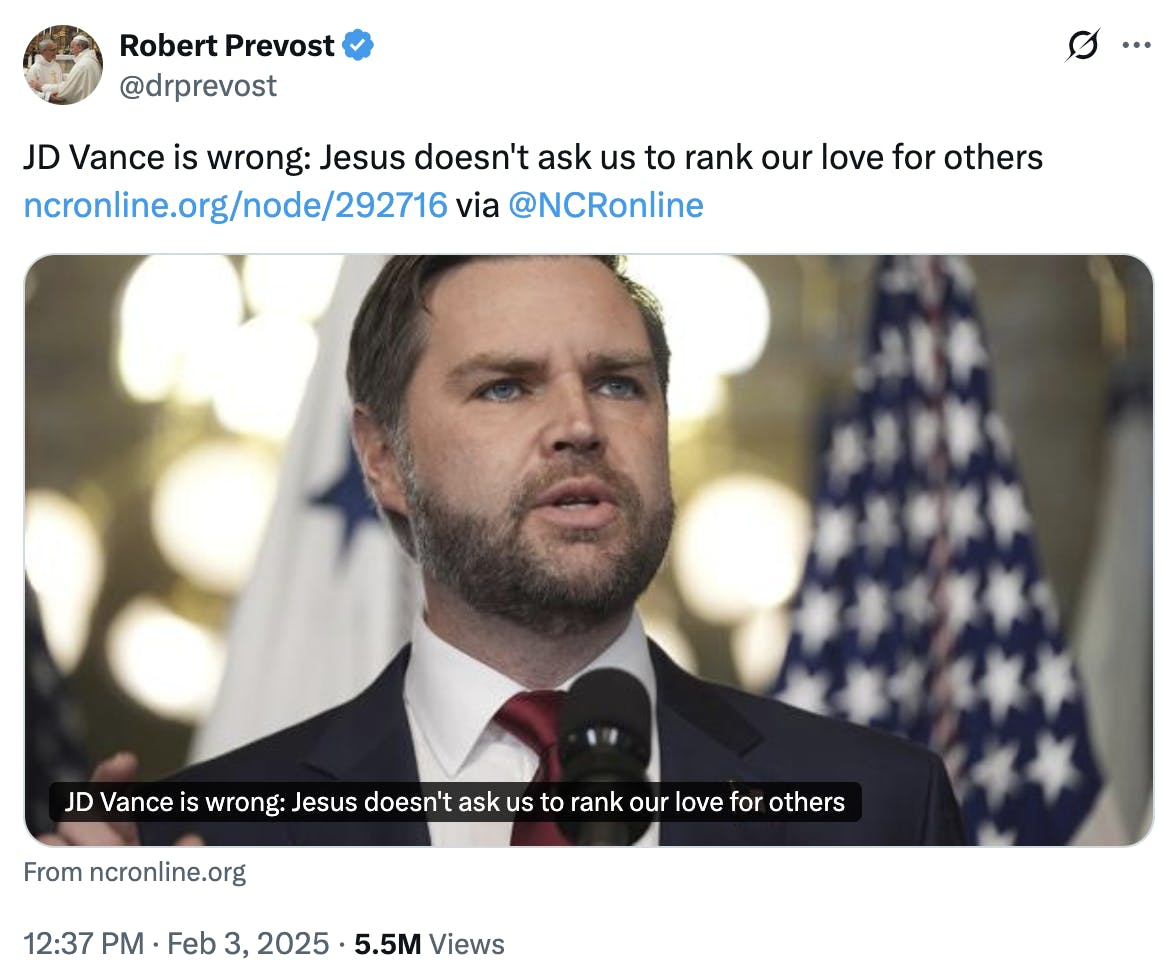Trump Makes Carveout in Refugee Ban—for White South Africans
The first Afrikaner “refugees” will soon land in the United States. And Trump is planning a welcome delegation for their arrival.
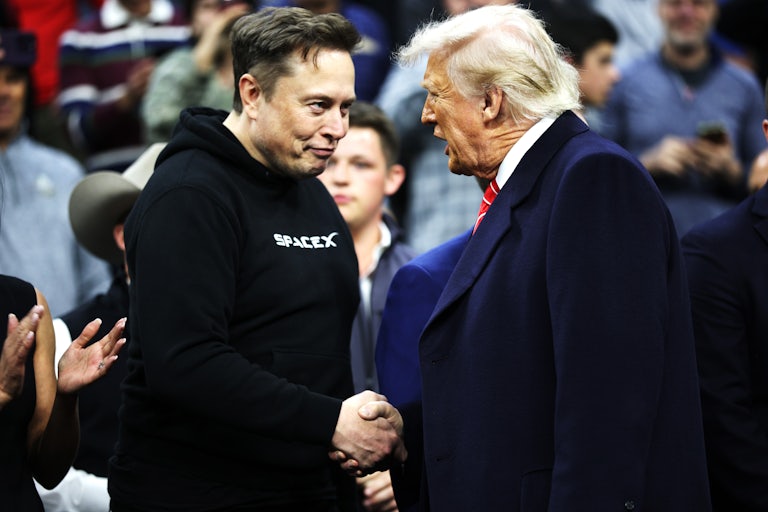
The Trump administration is treating Afrikaners, white descendants of mainly Dutch colonizers in South Africa, as “refugees” and plans to bring them to the United States next week, according to The New York Times.
Trump is even planning on a welcome delegation of government officials to greet the first 54 people as they arrive at Dulles Airport near Washington, D.C., on Monday.
The 54 Afrikaners were given priority status, meaning they waited no more than three months for their resettlement. Many refugees from other countries are forced to wait 18 to 24 months, and sometimes even years, for their resettlement assignment. This comes as Trump banned virtually all other refugees on his first day in office.
“We are profoundly disturbed that the administration has slammed the door in the face of thousands of other refugees approved by D.H.S. months ago, notwithstanding courts ordering the White House to let many of them in,” Mark Hetfield, president of a Jewish resettlement organization, told the Times. “That’s just not right.”
Afrikaners in South Africa claim that they are being racially discriminated against, that they can’t get jobs and don’t feel safe with the current government and its progressive, redistributive policies. The South African government currently has a program that allows it to seize land from Afrikaners without providing compensation—the very same thing white colonizers did when they arrived, forcing Black South Africans from their land for nothing and relegating them to second- and even third-class citizenship.
Some feel as if the Afrikaners are simply using the reversal of the apartheid-era systems that they’ve benefited from for generations as justification for their resettlement in the U.S., casting themselves as victims in a situation where they’ve historically been the victimizers.
“Historically, in fact, farmers have been quite oppressed in South Africa, but those are Black farmers. Those are the people whose land was alienated over centuries of colonization and who, in many cases, worked as really poorly remunerated menial laborers in horrific conditions on white-owned farms,” said Yale professor Daniel Magaziner. “And so in many ways, what [Trump is] doing is he is implicitly, not explicitly, but implicitly downplaying the reality of South African history.”
“You do have the reality that a lot of Black South Africans are still without any wealth, are still in very deep poverty and saying, hey, since the end of apartheid, those scales have not been equaled,” said John Eligon, The New York Times’ Johannesburg bureau chief.
Some on the Black South African left have a sharper view of the situation.
“Due to global and local economic processes, the rich continue to get richer, and the poor get poorer. Most of the white—of the farmland, more than 70 percent of it is owned by white farmers. So, basically, they are sitting pretty,” said activist Trevor Nganwe. “You know, there’s a saying, ‘The guilty are afraid.’ Perhaps they know that this unjust situation, where a tiny minority enjoys most of the country’s wealth and resources, is not tenable, and sooner or later, it will have to end.”
The influence of Elon Musk, who grew up under the benefits of apartheid in South Africa, cannot be understated. In March, he replied “absolutely!” to a post that incorrectly claimed that white Afrikaners are facing genocide—a deeply ironic statement given the historical context of the country.
